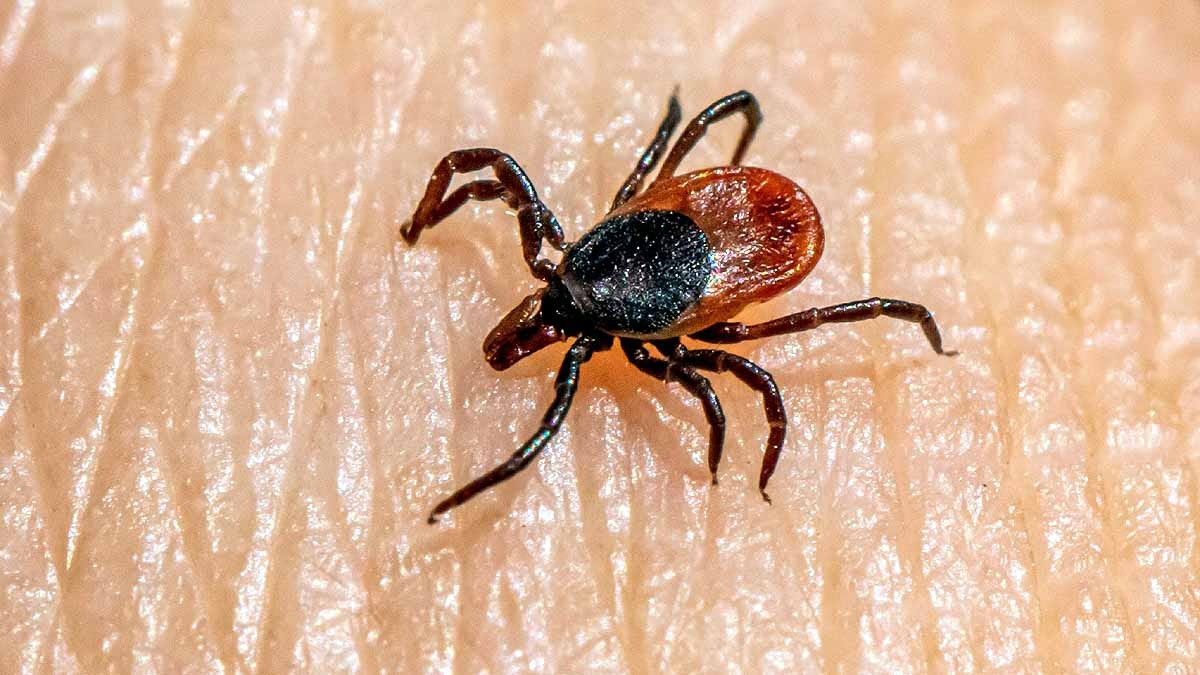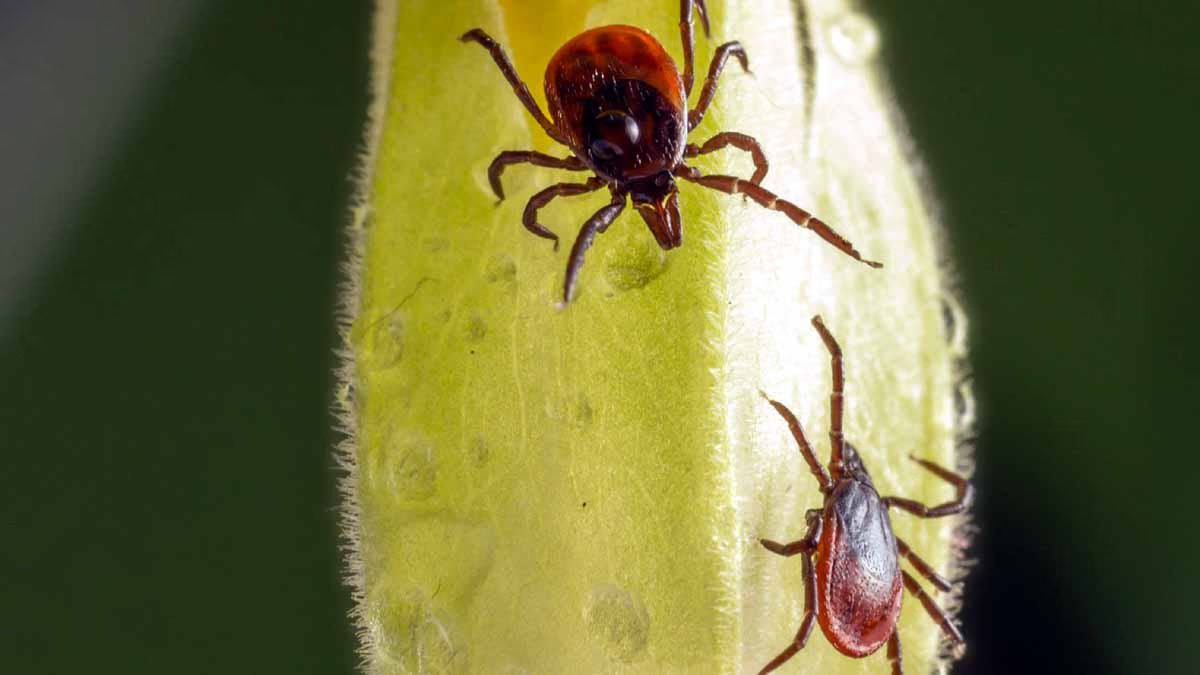
Source: aajtak
A new virus has been identified in China. It is spread through tick bites, and the alarming part is that it causes neurological diseases. This virus is known as the Wetland Virus (WELV).
(All photos: Pexels)
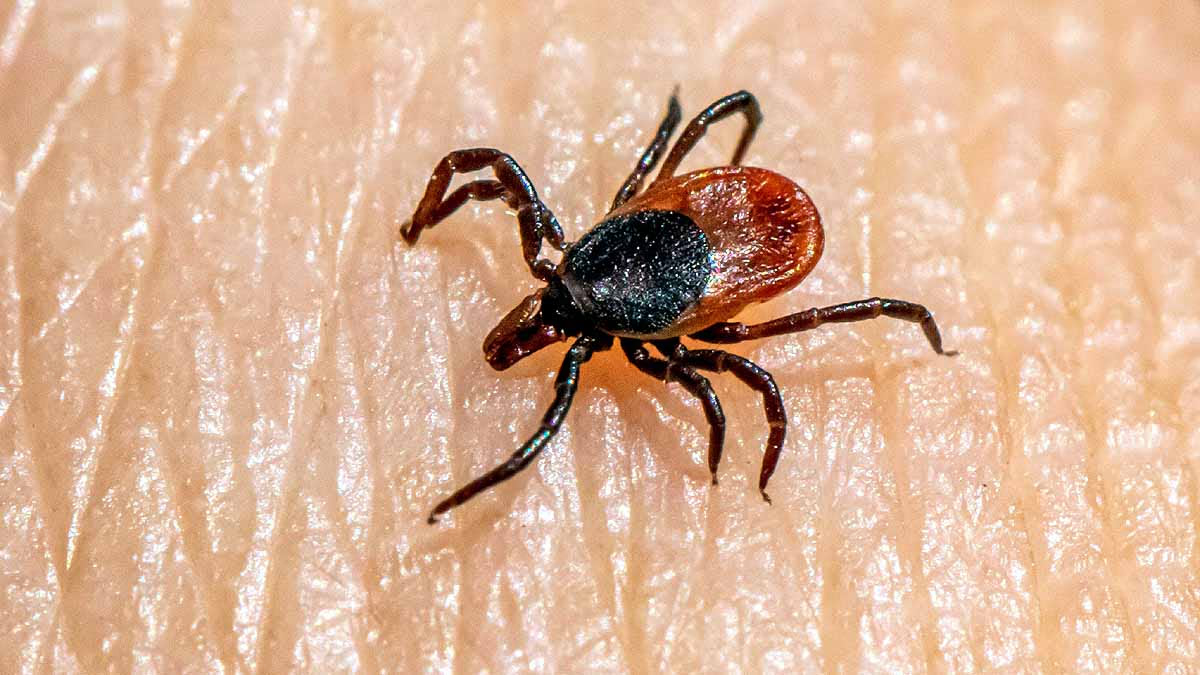
Source: aajtak
It was discovered before COVID-19 in June 2019 in the city of Jinzhou. Since then, research has been ongoing. Recently, a report was published in
about it. Symptoms include fever, headache, and vomiting.
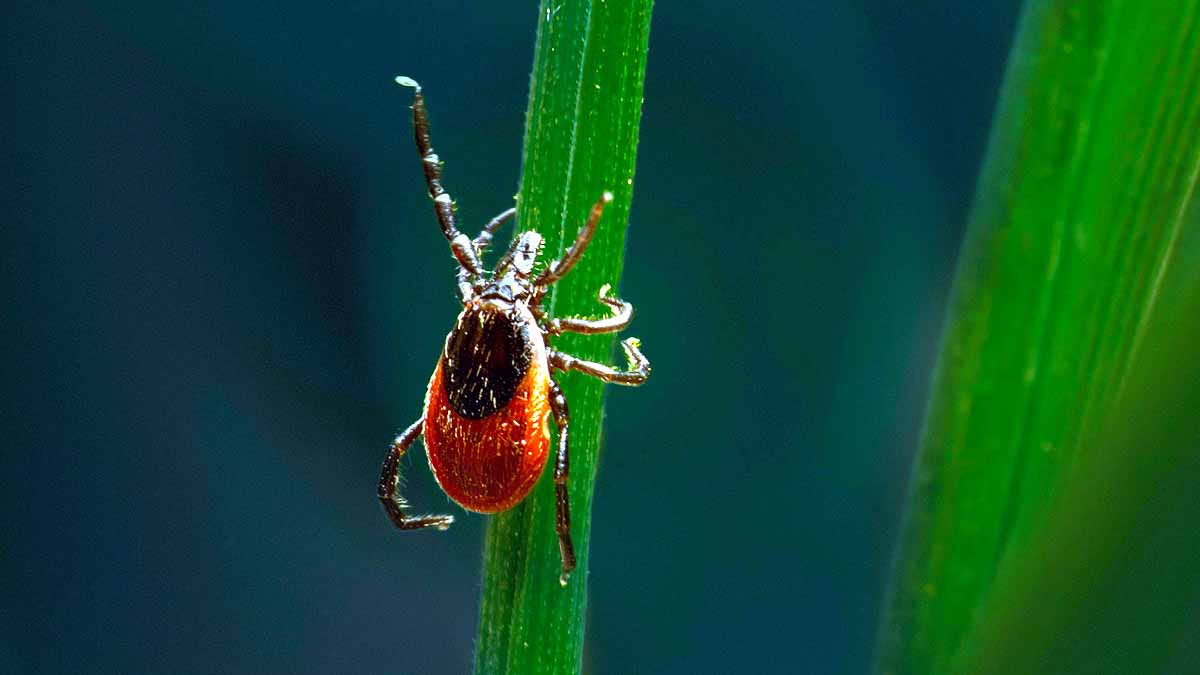
Source: aajtak
The first person to get infected by this virus was a 61-year-old Chinese citizen who was visiting a large wetland area park in Inner Mongolia, northern China. He was infected through tick bites, which are prevalent in this park.
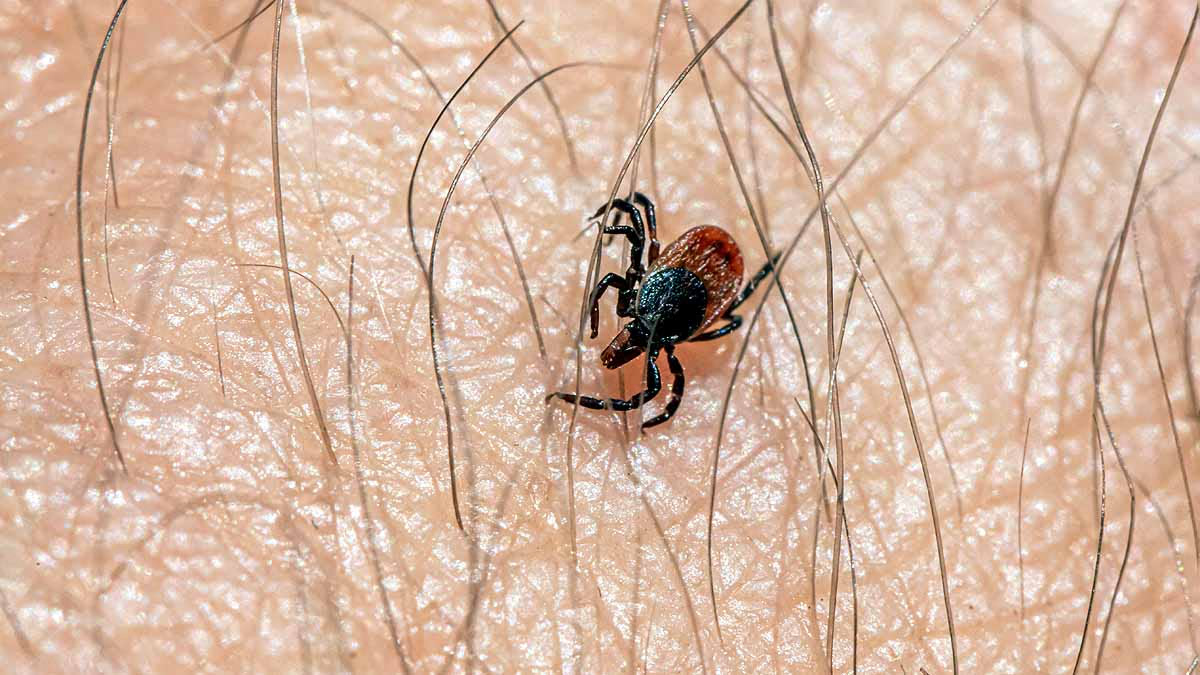
Source: aajtak
Antibiotics have shown no effect on this virus. When DNA and RNA tests were conducted on the patient’s blood, it was revealed that this virus had never been seen before. It belongs to the Orthornairovirus family.

Source: aajtak
This virus can cause another deadly, incurable rare disease, Crimean-Congo hemorrhagic fever, also spread by tick bites. The issue is that the Wetland Virus has never been seen before in animals or humans.
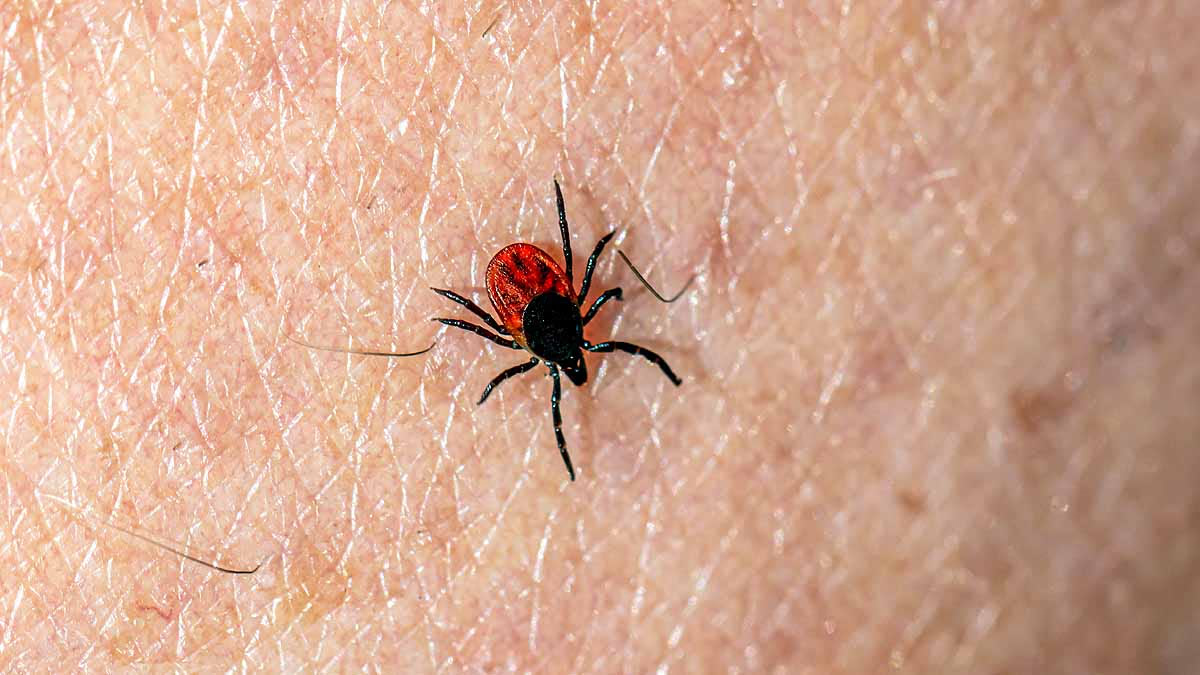
Source: aajtak
Subsequently, scientists collected 14,600 ticks from the area and investigated. It was found that five species of ticks could carry and develop this virus.
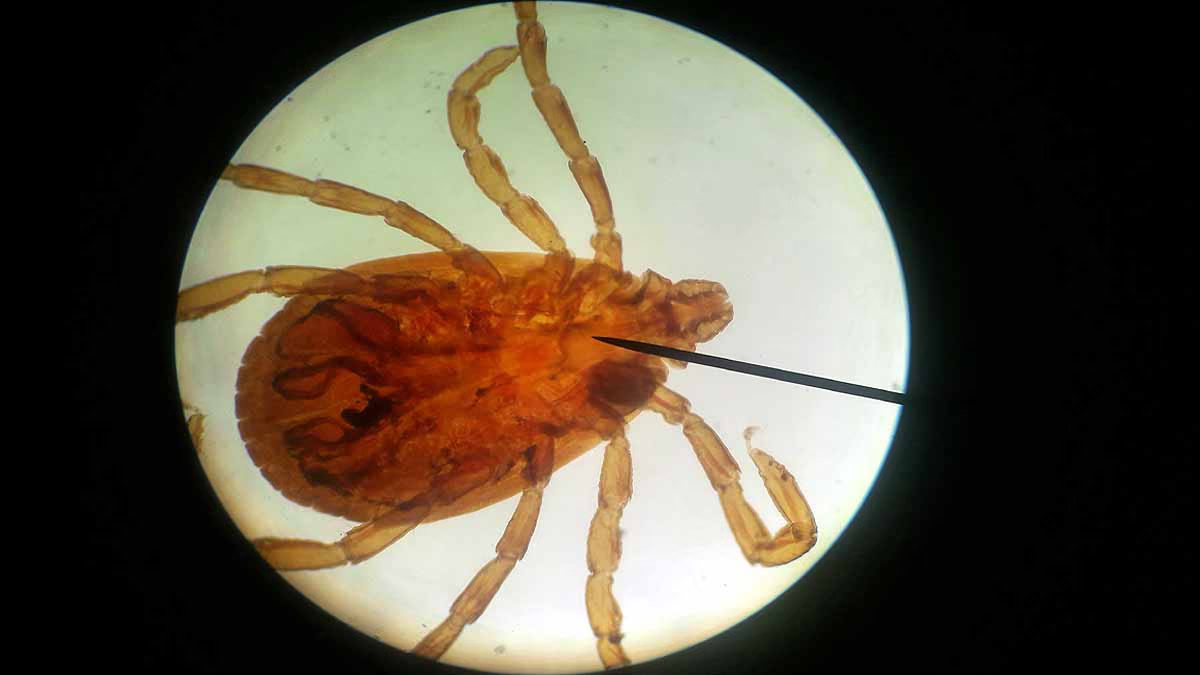
Source: aajtak
This virus has been detected in a few sheep, horses, pigs, and the Transbaikalian zokor species of rodents. Symptoms in humans include fever, fatigue, sleepiness, headache, back pain, restlessness, vomiting, and diarrhea.
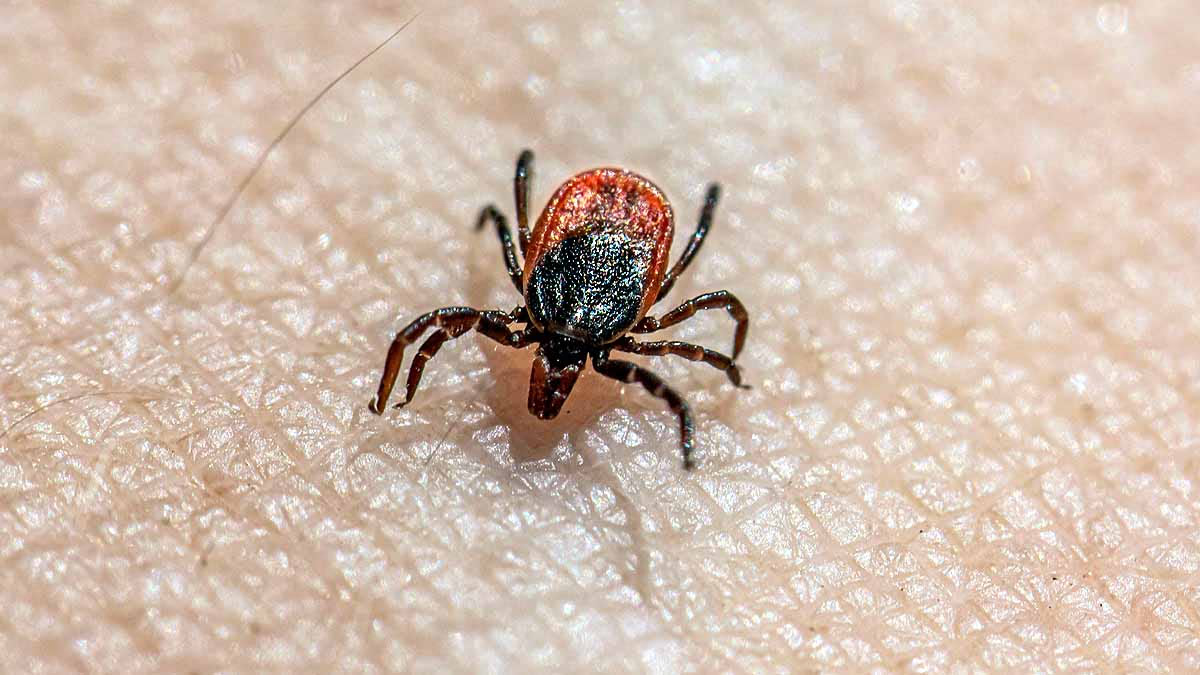
Source: aajtak
In some patients, tissue damage and blood clotting have also been observed. This virus is spreading in China, and medical teams and the government are monitoring the situation closely.
